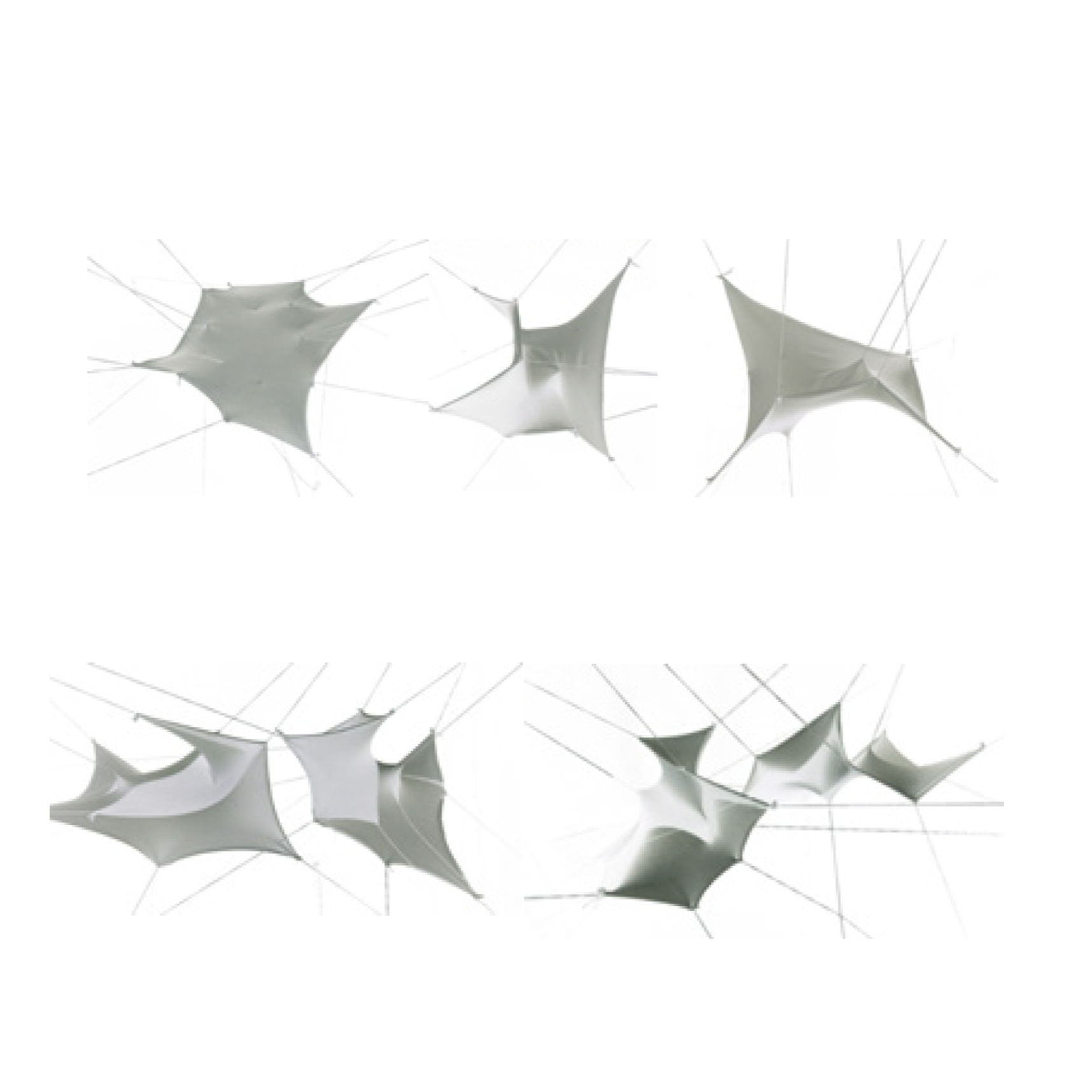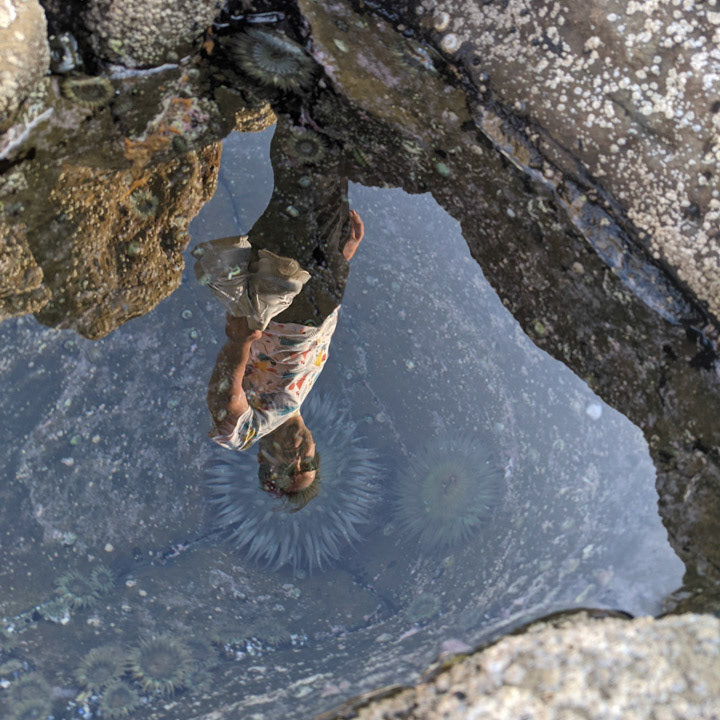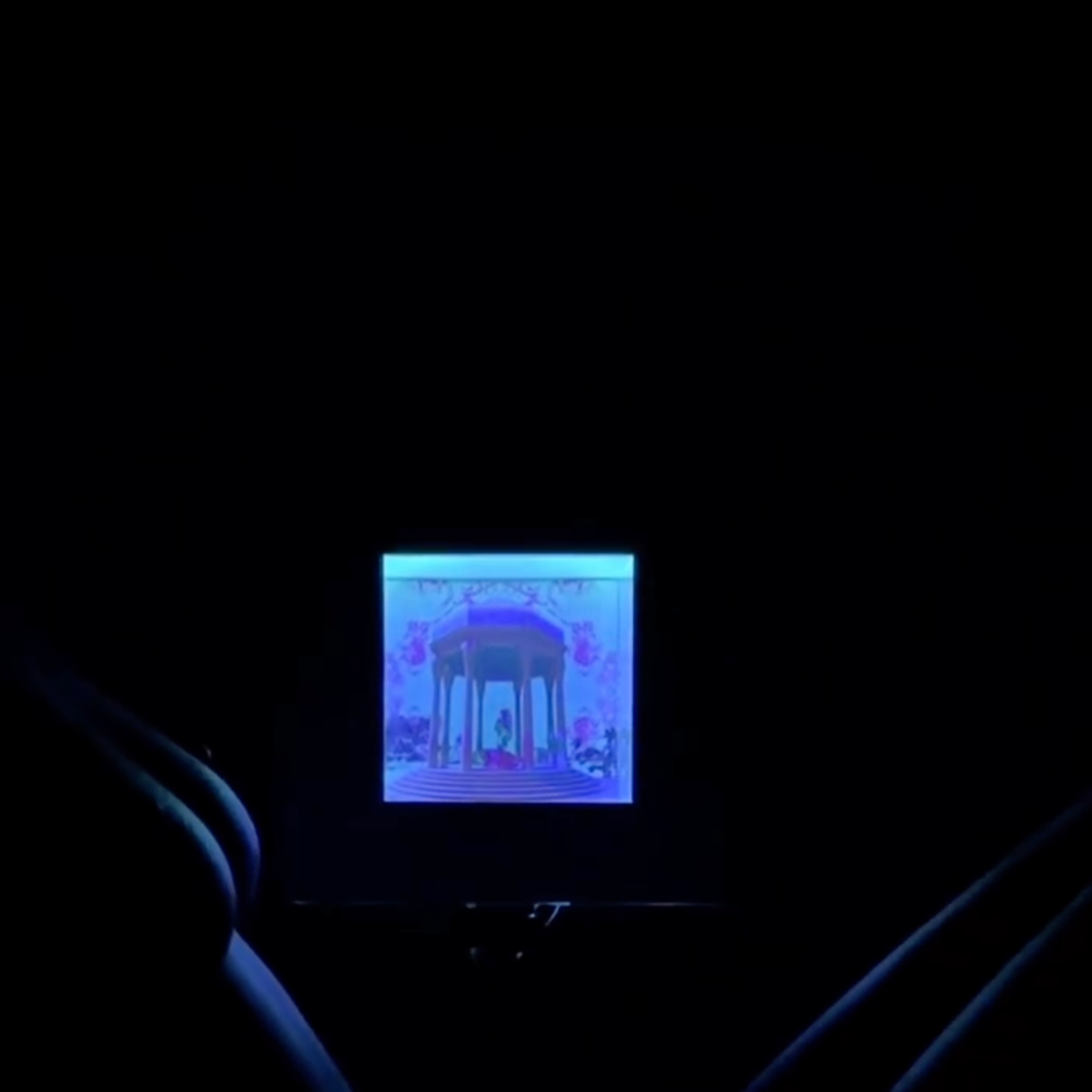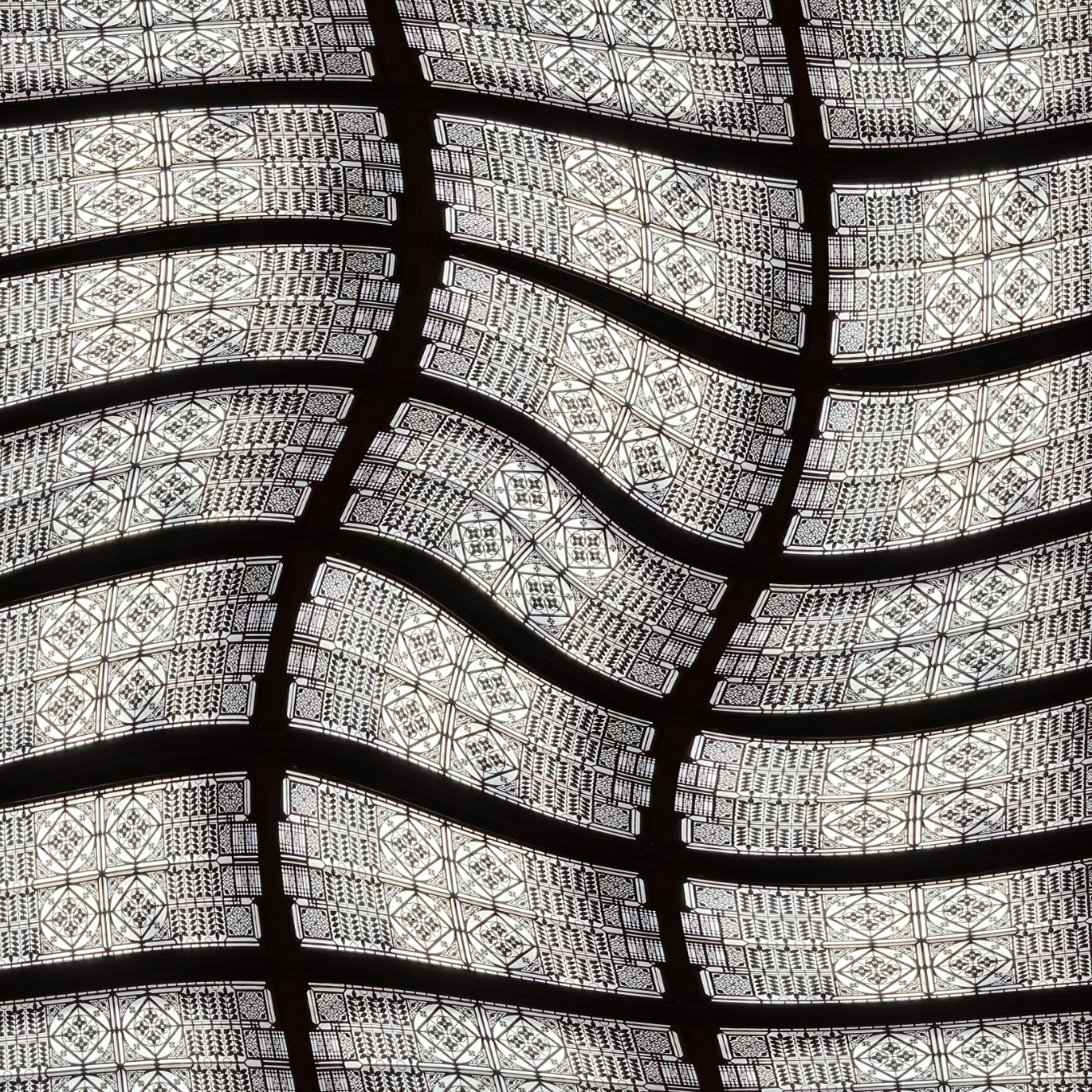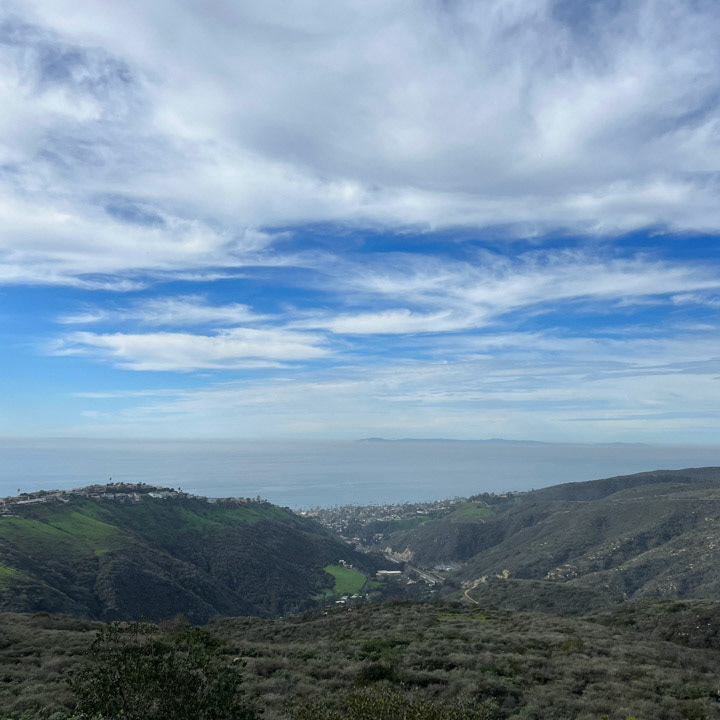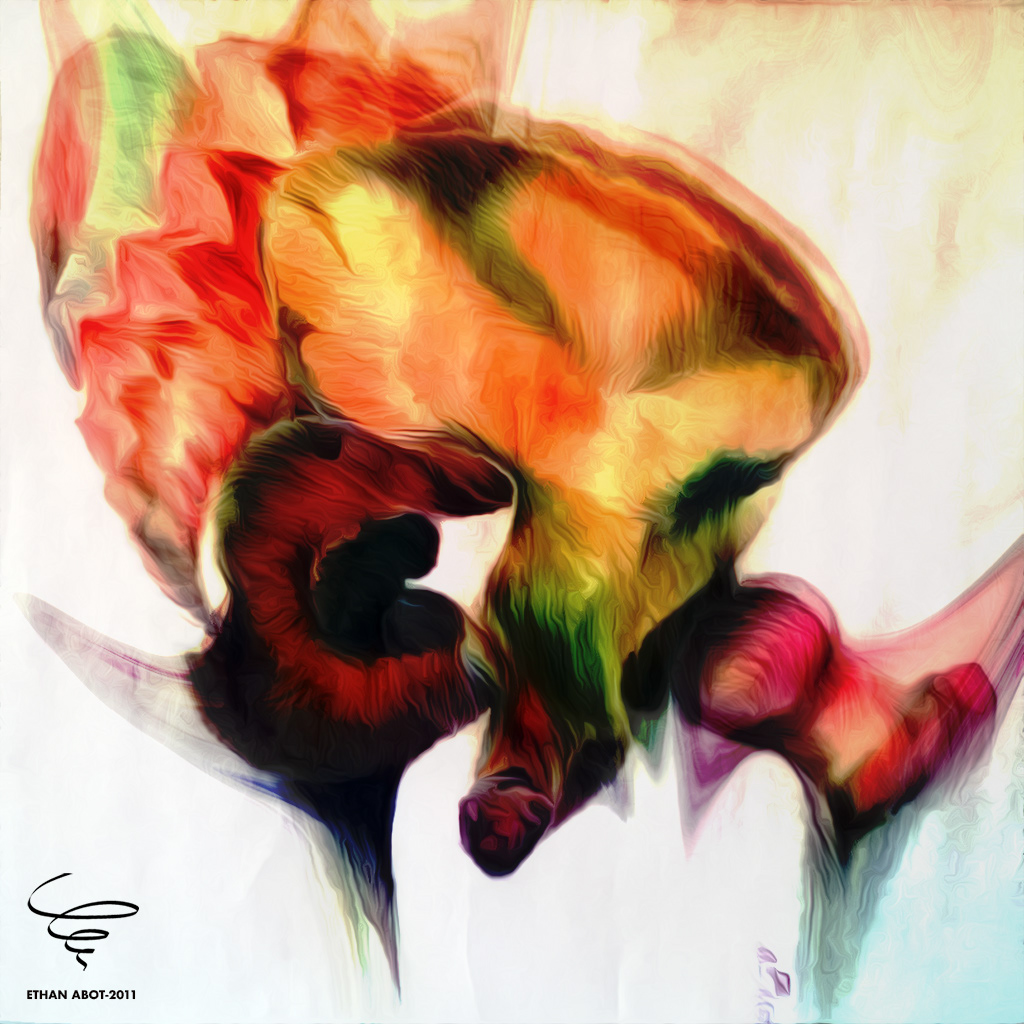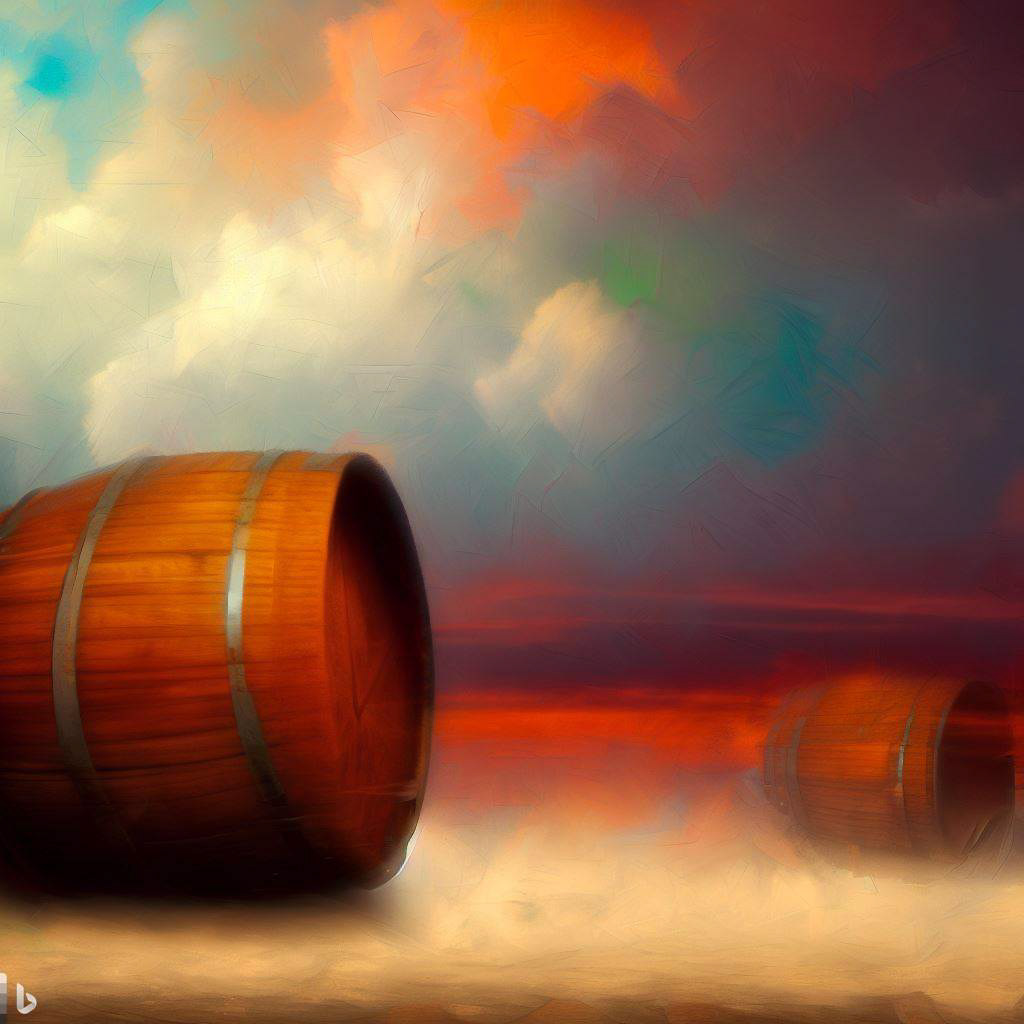
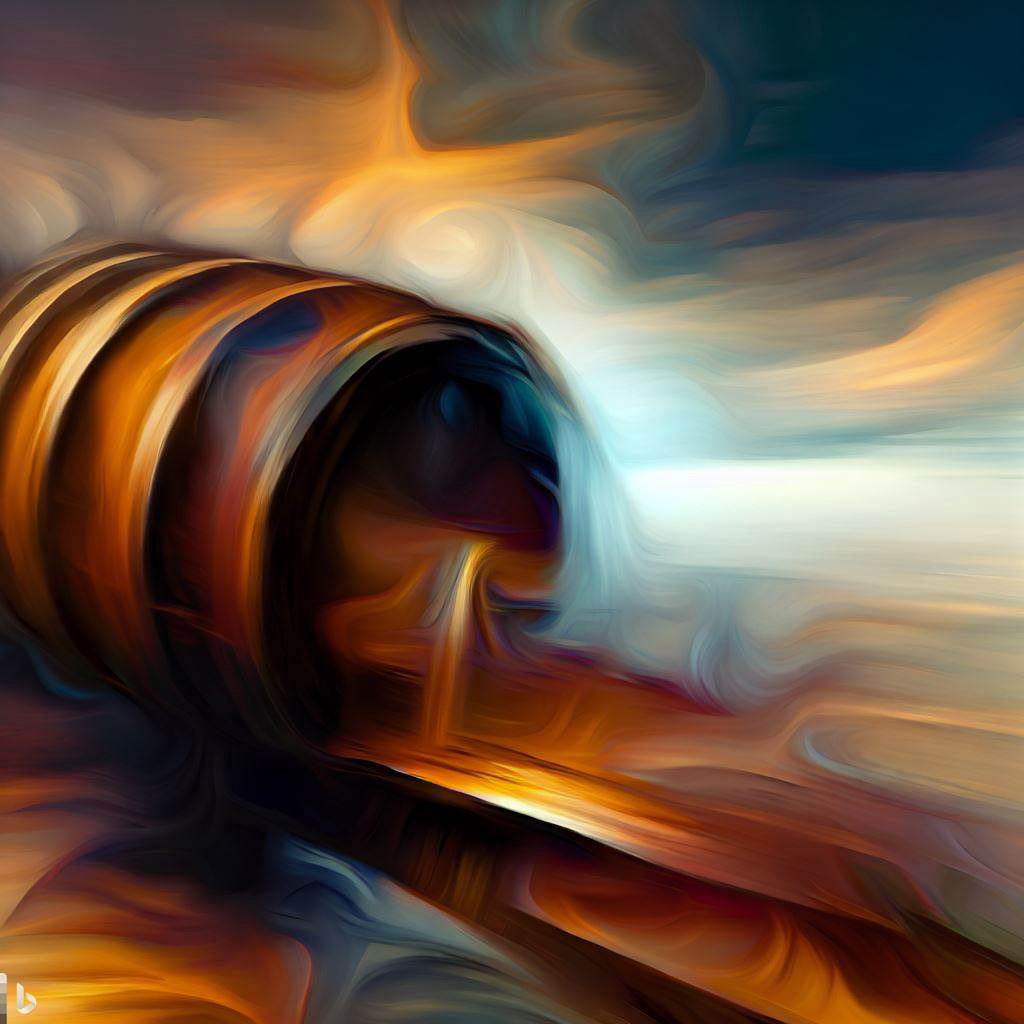
For centuries, barrels have served as versatile vessels, predominantly housing wine, but also encapsulating diverse contents from oil to assorted commodities. These structures are adept at confining their contents securely, excelling in long-term storage or transport. Some barrels harbor a rich tapestry of history, acting as clandestine hideaways for buried treasures or maturing whiskey over a continuum of time. As they are ceaselessly filled and depleted, they imbue distinct characteristics discernible through their aroma or color.
Intriguingly, the metaphor of a barrel extends beyond the physical world, finding relevance in the cognitive realm of our minds. As we journey through life, our minds, akin to barrels, progressively accumulate thoughts and experiences, saturating our 'cerebral casks'. Depending on personal tendencies, this saturation may necessitate periodic purging, partial or complete, to maintain cognitive equilibrium. The contents within these mental barrels wield profound influence, leaving indelible imprints that guide our future encounters.
Three cardinal questions emerge concerning our mental barrels: the nature of our cognitive intake, the utilization of our mental storage, and our strategies for processing the past. Feeding our mental barrel calls for careful appraisal of the qualities of our experiential intake. Transparency and authenticity serve as valuable metrics in determining 'constructive' inputs. For instance, embracing the fluidity of water and striving for unvarnished perspectives can be nurturing.
Utilizing our mental barrels isn't bound by any rigid guidelines. However, replenishing them with fresh thoughts and experiences generally tends to be advantageous. That said, we must remain vigilant about the perils of cognitive overflow, necessitating intermittent periods of emotional decluttering. This could entail expanding our mental receptacle's capacity or divesting ourselves of stale, obsolete thoughts and experiences.
To encapsulate, our mental barrels symbolize a pivotal aspect of our existence and wield substantial influence on our lives. By mindful curating of what we feed into them, optimizing their usage, and tactfully handling our past, we can cultivate a mentally robust and fulfilling personal space.
